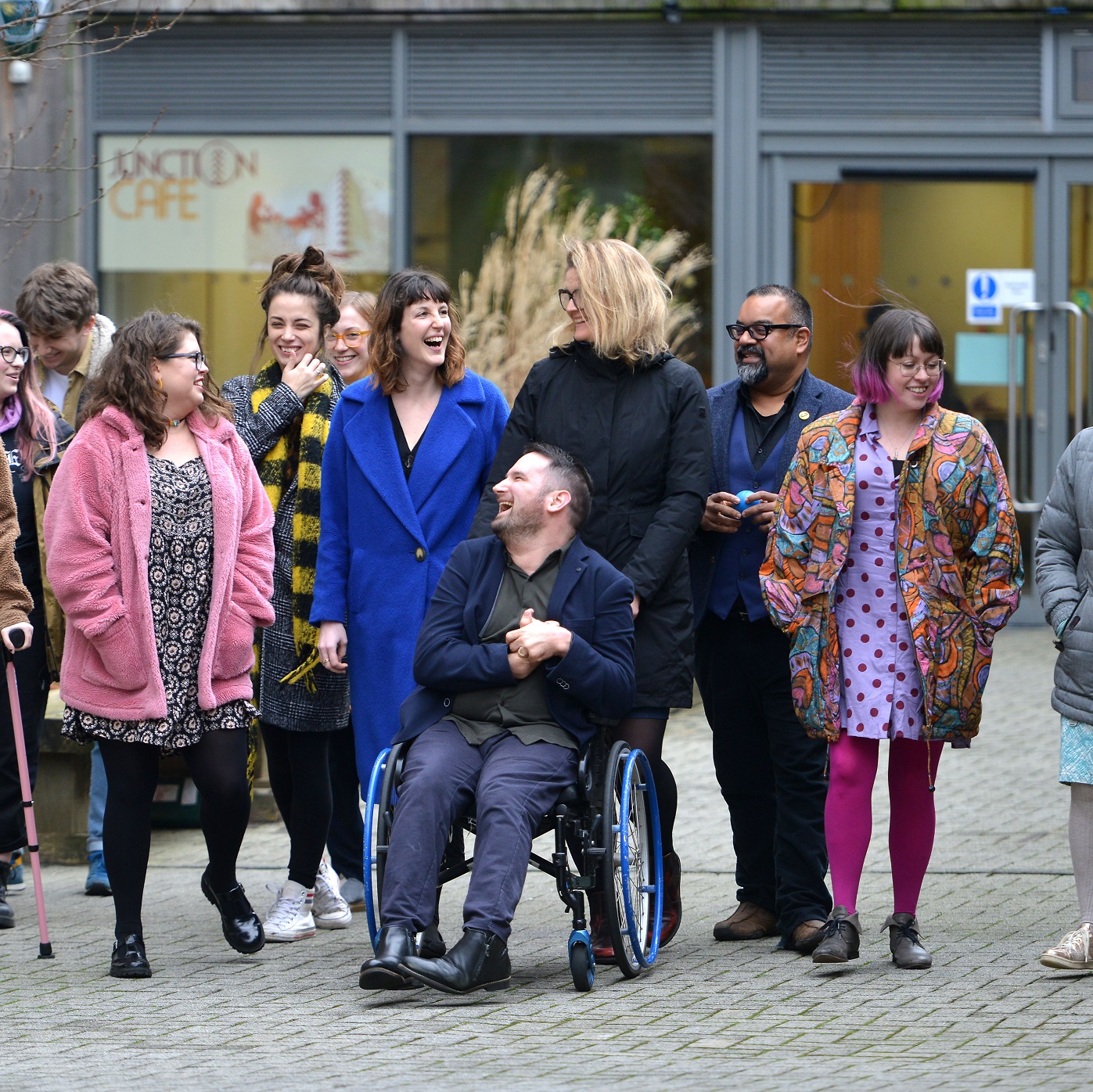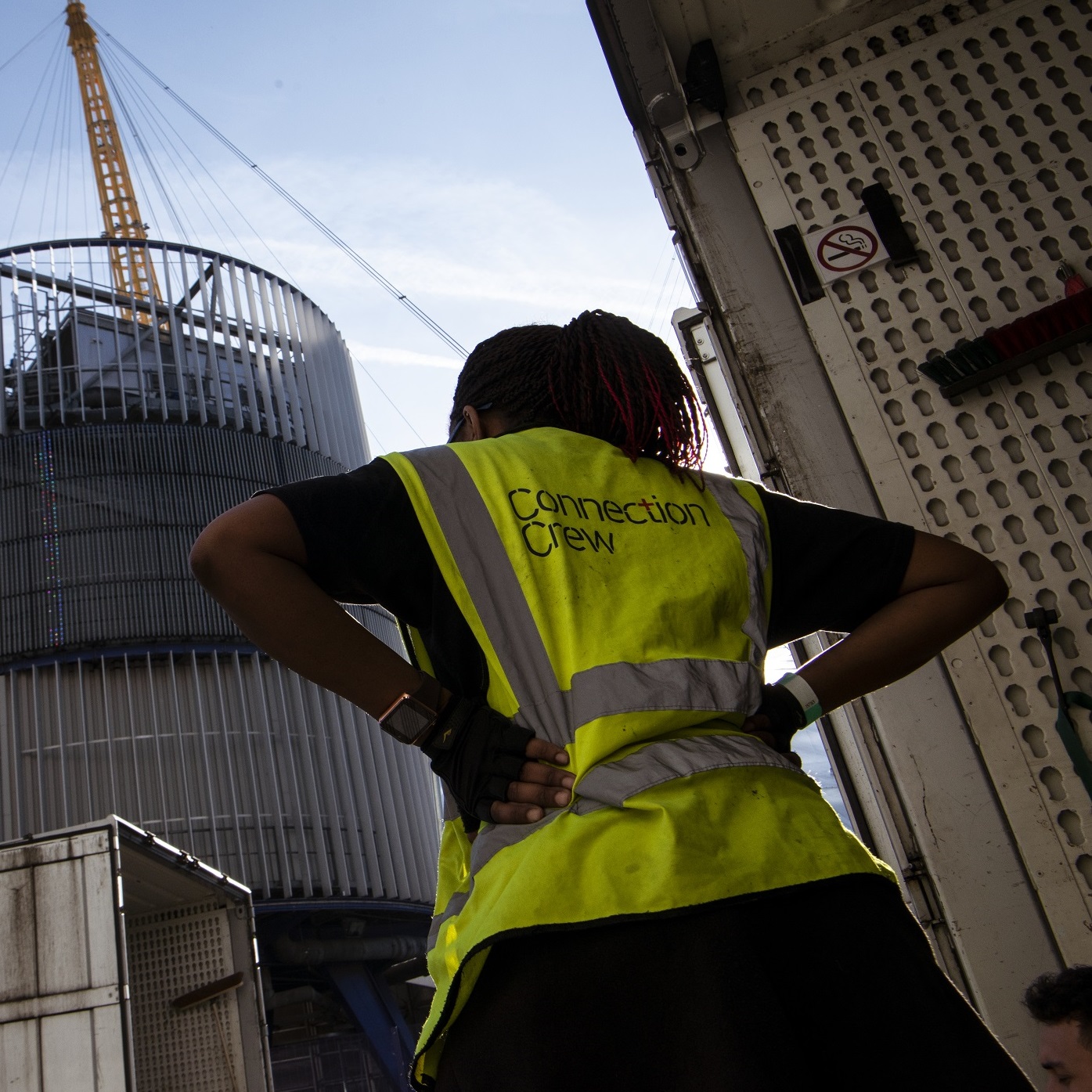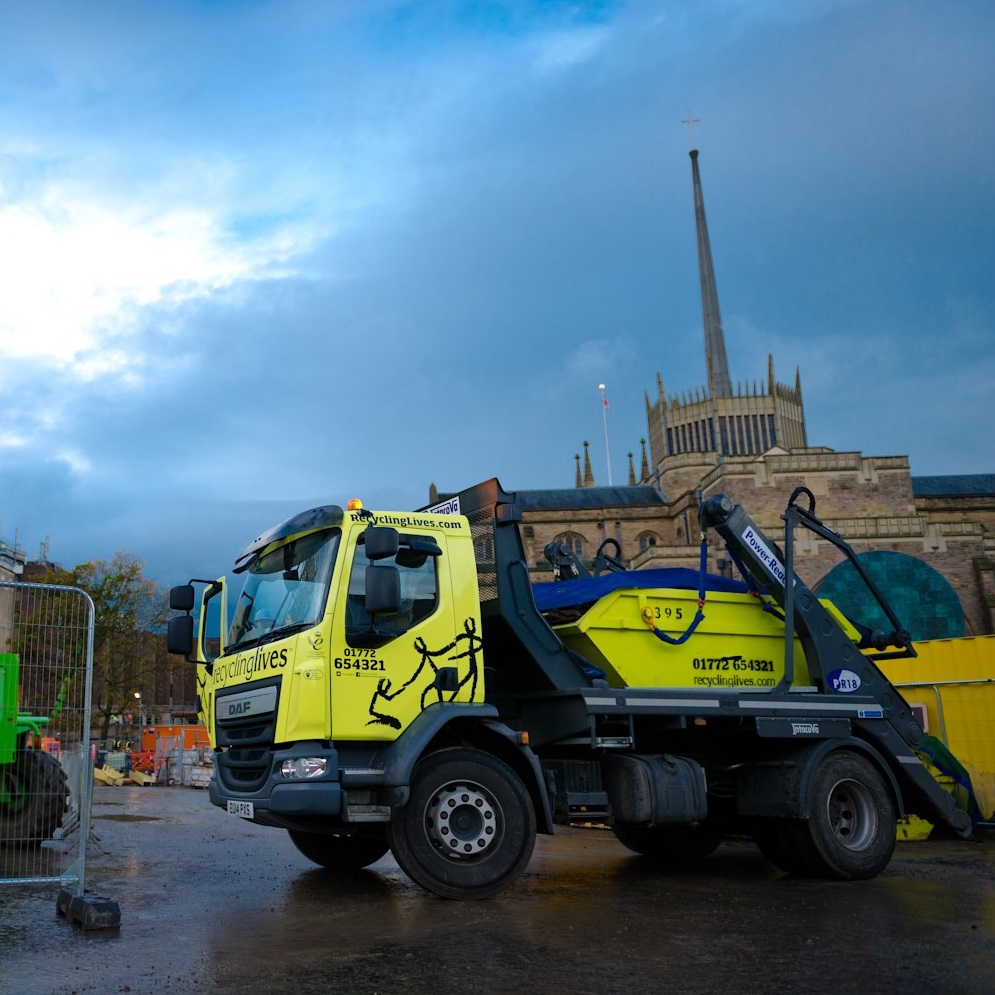Social enterprise – business at its best
The challenges we face in our communities, across our country and beyond, cannot be resolved by any one business or sector, but social enterprise has the potential to play a significant and increasing role in helping to create a fairer, more environmentally friendly and more balanced economy.
Social enterprise exemplifies business at its best, and social enterprises in the UK are playing a significant and increasing role in helping to create a fairer and more environmentally friendly world.
Social enterprises are businesses that are governed and constituted to achieve social or environmental impact. They are primarily motivated, designed and driven by a desire to make a positive difference in the world. Like all businesses social enterprises seek to deliver profit by trading in goods or services, but they reinvest or donate at least half of those profits to their social or environmental mission.
At Social Enterprise UK we believe business, and particularly social enterprise, has a vital part to play in helping solve the challenges we face in our communities, across the country and in our world. Our role is to create the environment in which social enterprise can flourish.

Social Enterprise UK – a strong voice for social enterprise
We plays a vital role in championing social enterprise and helping to create the environment in which social enterprise can flourish, and be recognised as business at its best.
We advocate with government at all levels to help create a regulatory and policy environment that supports and enables social enterprise, and seek to grow and open up markets in the private, public and social sectors to social enterprise.
We also raise public awareness, increase understanding of its contribution to society and the economy, and engage with leading corporates on behalf of our members.

Supporting businesses to work with social enterprises
Mainstream UK businesses are increasingly considering their social and environmental impact when they set strategy and make decisions, partly in response to demand from consumers and scrutiny by investors and staff.
Reporting on their improved environmental, social and governance (ESG) performance, including as part of annual returns and company accounts, can help mainstream businesses to demonstrate effective business management, enhance their reputation and win the trust of stakeholders. ESG reporting looks at how a company is contributing to the communities they work in, the people they employ and the natural world.
We welcome this shift and we believe social enterprise has an important role to play in supporting the wider business community to embrace social value and consider the social and environmental impact of their work. Our organisation supports mainstream businesses to engage with social enterprise, for example by including social enterprises in their supply chains, and so help play their part in achieving a fairer and more sustainable economy.

What makes social enterprises unique?
Social enterprises are unique in the business world for their depth of commitment to their mission, and are legally constituted to prioritise their social or environmental purpose. To be a social enterprise, an organisation must make most of its money from trading, and majority control of the organisation must be retained in favour of its societal or environmental objective.
Like a not-for-profit a social enterprise has a permanent, locked-in commitment to social or environmental benefit, which lies beyond the influence of changing investor demands or shifting corporate strategy; like a mainstream business, it is dynamic and nimble, providing solutions that withstand market scrutiny.

The social enterprise contribution
Social enterprise plays a significant role in the UK economy and contributes to a number of important societal developments. Social enterprises are active across every sector, delivering public services and running companies that produce and sell goods and services, achieving often higher levels of revenue growth, innovation and market share growth than business as a whole.
They are also more likely than mainstream businesses to be owned and run by women or people from ethnic minority backgrounds; they demonstrate better gender pay ratios; and they are more likely to be located within areas of deprivation. Commercially, they are proving resilient despite the pandemic and other recent economic shocks and many are demonstrating strong growth. Social enterprises currently account for over two million employees

Buy Social Corporate Challenge
Our Buy Social Corporate Challenge is one of our flagship programmes, working with leading businesses to bring social enterprises into their supply chain.
30 corporates from all across the economy are participating, with a combined target of £1bn in spend. These include prominent construction companies, pharmaceutical businesses, law firms, tech companies, consultancies and insurance providers.
In 2022 we launched the Buy Social Europe expansion, working with businesses across mainland Europe to open up their supply chains to social enterprise suppliers.

The Social Value Act
The introduction of The Social Value Act in 2012, which we were instrumental in helping pass, has also opened up more opportunities for businesses to engage. The Social Value Act obligates any organisation spending public money to consider how the services they commission and procure might also improve the economic, social and environmental well-being of the areas they operate in over and above the contracts being delivered.
Contractors are therefore being asked to demonstrate the social value they would add through the contracts they are bidding for, companies which provide services to the public sector are asking their suppliers in turn to demonstrate the social value they can add – and trading with social enterprises is one way to do this.

Social Value 2032
We are working with PwC, Siemens UK, SUEZ recycling and recovery UK, Shaw Trust and Jacobs on this project to extend the application of social value across public and private sector procurement.
We have published a Vision for Social Value in 2032 which details the impact of social value since the passage of the Social Value Act 2012, and outlines why increasing social value in procurement over the coming decade can make such a difference to communities across the UK. In June 2023 we published the Social Value 2032 Roadmap which sets out the steps needed to achieve the project’s ambitious aims to make social value cover all public sector procurement and influence spending in the largest private companies.
